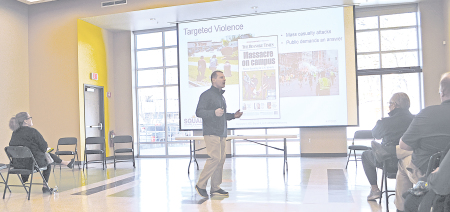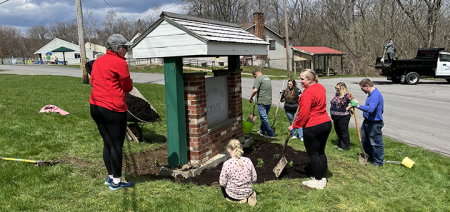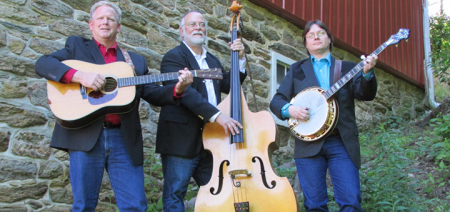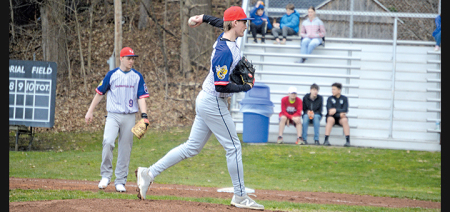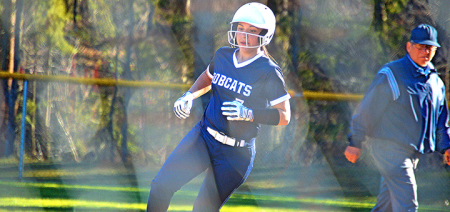Outdoor Chenango: Getting Started
Published:
February 28th, 2024
By:
Eric Davis

While the pandemic has left for the most part, some aspects have been allowed to stay. One of the changes made was in Hunter Education, with the allowance of taking an online course. In-person courses have returned but people still have the option to take the course online. So for anyone who took the online course, or anyone that needs a refresher, this article will discuss interacting with landowners and other hunters.
One of the more difficult obstacles to navigate can be asking for permission to hunt on a piece of property. Hunting private property instead of public land can drastically increase your success rate as less human activity will keep the deer from becoming nocturnal or from leaving the area altogether. The first thing you want to do is know who owns the property you want to hunt on. There are apps for your phone that have the tax map with owner information, or you can use the county tax department’s mapping software. This can also help you know the property boundaries if you get permission to hunt there. Another way is to stop at a nearby house and ask if they are the owner and if not if they know where the owner lives.
Be careful as some people can lie and say they own it and say you cannot hunt or say go ahead and hunt it without being the actual owner. When asking permission, dress appropriately. This does not mean suit and tie but avoid muddy clothes or beer-brand tee shirts. Remember you want the owner to feel like you can be trusted to be on their property. If they give you permission, have some follow-up questions ready that can save you later. Some examples would be, does anyone else have permission to hunt there, is it alright to put treestands up, is it alright to harvest does (if you have the appropriate tags), can I have someone hunt with me?
With the possible increase in hunters this fall, there would be a greater chance of running into another hunter while afield. The question always seems to be what do you do? The first thing to do is to make sure they know you are there. Do not wave or make motions with your arms. Talk in a loud, clear voice to let them know you are there.
Once you know they have seen you, you can approach them to talk. Make sure you both handle your firearms safely during your interaction. If you are new to the property, you may not feel comfortable asking them questions regarding them having permission to be there but if you want to ask their name and how they know the owner. See how long they have been hunting that property and if they have any tips. If they stammer or seem suspicious, stop and talk to the landowner about the interaction. If you think they have permission to be there, it may be worth asking them where they usually hunt so you can avoid running into them all the time. Or consider exchanging contact information so you can coordinate who is hunting where.
When you are afield, make sure you are on the lookout for garbage and pick up after yourself and others. This is important for any lands, whether public or private. If you seem to find garbage all in the same area, it may be worth telling the landowner for private property (or an Environmental Conservation Officer or Forest Ranger for public land).
The thing to keep in the back of your mind is that it only takes one person to ruin it for everybody else. Whether it is through littering, bringing a bunch of buddies with them, or driving their vehicle where they should not.
Author: Eric Davis - More From This Author
Comments
